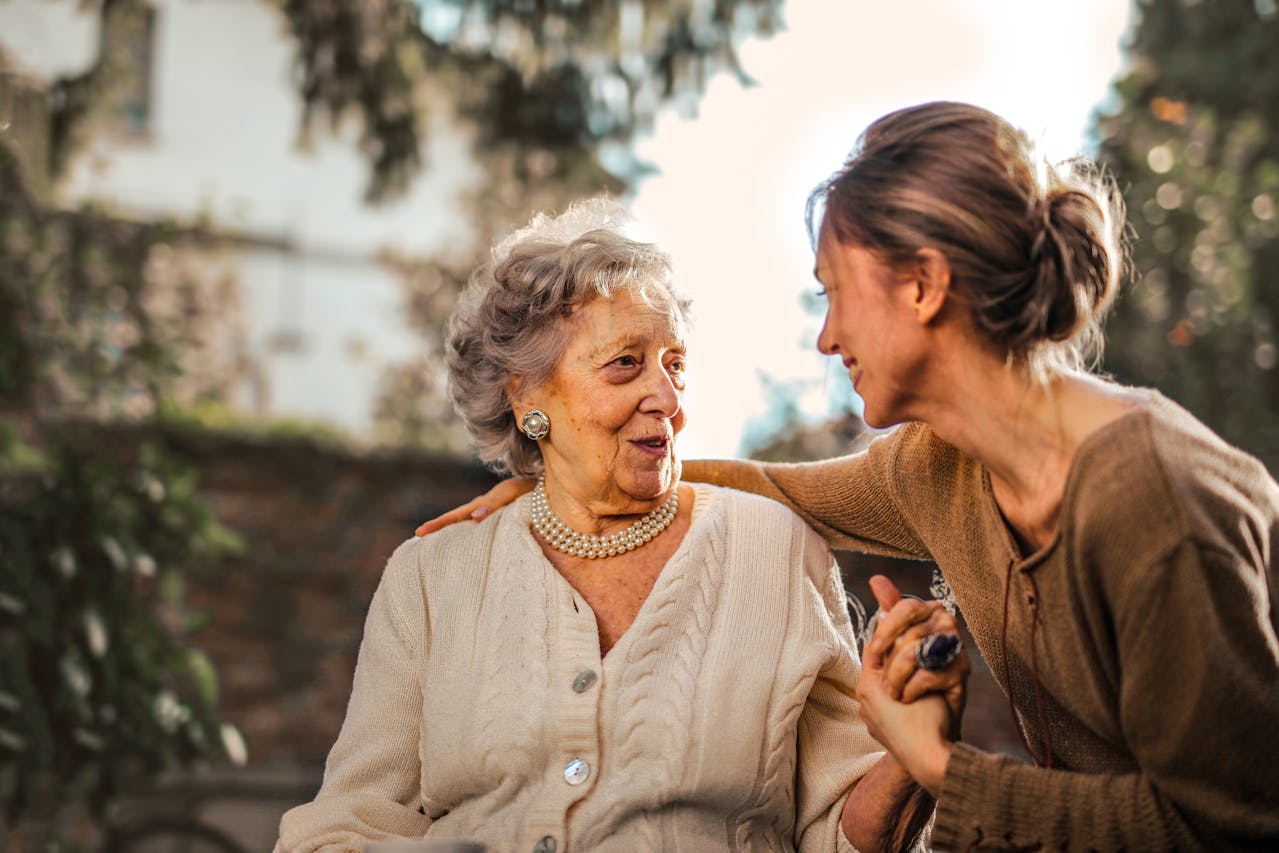The Australian government is committed to reducing violence in the Australian community, including family and sexual violence. This is why people who are sponsoring their partners to migrate to Australia are required to disclose criminal convictions they have had or charges awaiting legal action. Sponsor are also required to give the Department of Home Affairs permissions to disclose any or all of their convictions to visa applicants. The purpose is clear: to reduce family violence in the community.
Australian migration laws prohibit family violence in all shapes or forms. Family violence is defined under Australian migration laws to include conduct, whether it is actual conduct or threatened conduct, towards the victim, or a member of the family unit of the victim or their property. This actual or threatened conduct must cause the victim to reasonably fear for or to be reasonably apprehensive about, their own wellbeing or safety. In other words, violence perpetrated on visa applicants by their sponsors is a significant course of conduct over a period of time which causes the visa applicant to experience fear and apprehension for their own physical and emotional well-being.

So, when is a person taken to have suffered family violence and what must be established to succeed in a family violence claim?
Before the Department of Home Affairs considers your claims for family violence, officers of the Department will assess whether your relationship with the sponsor was genuine and continuing until it ceased. In other words, family violence must have occurred while the relationship existed. If the relationship did not exist when the family violence occurred, the claim of family violence cannot be made out.
In answering the question posed, a visa applicant is taken to have suffered family violence if:
- A Court of law has granted an order under Australian family laws;
- A Court of law has granted an order under a law of a State or Territory against the perpetrator for the protection of the victim from violence; or
- A Court of law has convicted the perpetrator of an offence of violence against the victim or recorded a finding of guilt against the perpetrator in respect of an offence of violence against the victim.
In some circumstances, visa applicants may not be able to produce evidence such as the ones listed above. Fortunately, Australian migration laws recognise this difficulty and visa applicants may produce something called non-judicially determined evidence, that is, evidence that is not determined by a Court of law. In this situation, a visa applicant may provide a statutory declaration explaining in as much details as possible the family violence and two of the following documents:
- Medical or hospital report or statutory declaration made by a medical practitioner or registered nurse; or
- Report, record of assault or witness statement by AFP or State police officer; or
- Report or statutory declaration made by an officer of a child welfare authority; or
- Assessment report made by a woman’s refuge; or
- Statutory declaration made by a member of the Australian Association of Social Workers; or
- Statutory declaration made by a registered psychologist; or
- Statutory declaration made by a school counsellor or school principal.
Bear in mind that if the Minister is not satisfied that a visa applicant has not suffered family violence based on the evidence they provided, the Minister must seek the opinion of an independent expert about whether a visa applicant has suffered family violence. The Minister must taken the independent expert’s opinion to be correct for the purpose of decision whether a visa applicant has in fact suffered family violence.
If you have applied for a Partner visa onshore or if you were granted your temporary Partner visa and have suffered family violence whilst in your relationship with your sponsor and are thinking of claiming family violence, please contact us for professional advice.



